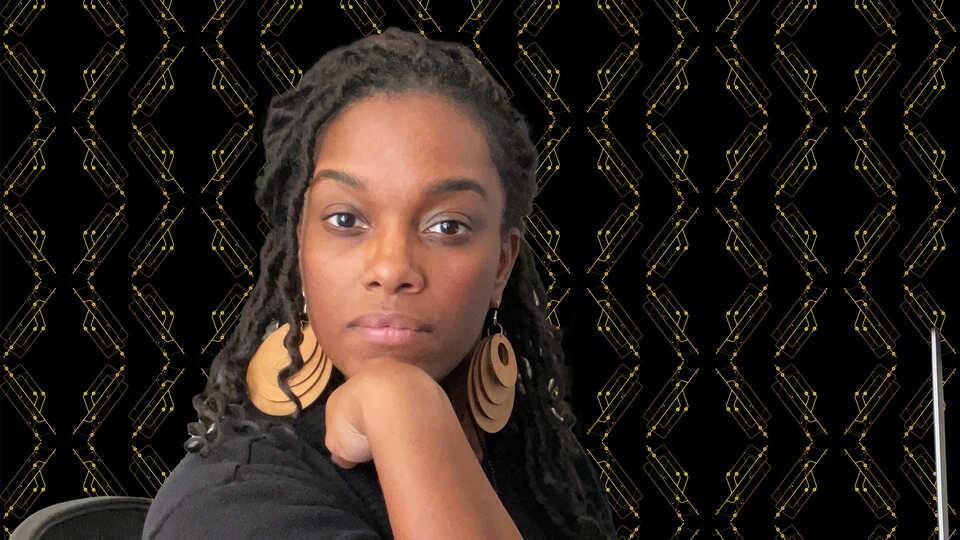
Nicole's Story (she/her)
As a leader in health information technology, I do not simply ignore or shut off the intersectional identities that define my existence as a human being. Sometime in between feeling invisible working as a release engineer in Silicon Valley and being tired of suppressing the impact of repeated assaults against my black, female, and queer identities, I decided to exist on my own terms—and that meant that I understood the responsibility I had as a black, female lesbian to carry each and every piece of me through to my work. I started being open, vulnerable, direct, and intolerant of intolerance. I didn’t hide from difficult conversations and, when necessary, I provoked them, because I didn’t want anyone else to feel like they had to be one person at work and another person at home. It is exhausting when you can’t be “same-faced” as a human being.
And, as it turns out, being open about my identities has helped to cultivate a culture of inclusion. As a team we have learned to leverage our experiences throughout our product development life cycles, because we understand that now, more than ever, the voices of many have to be heard through to our products. This idea of product inclusion, done through the process of understanding more deeply the people we are impacting with our decisions, is less about technique and more about inclusive consistency. And that can lead to breakthroughs.
We do not hide from discussions about our identities, we embrace them—period. In the healthcare space, especially post-COVID, the market will push toward digital transformation in a way we have never seen before. As we embrace technology, we need to ensure that product inclusiveness is more than just a buzzword or training seminar held once a year to ensure compliance requirements are met. The patient experience is one that is personal but ubiquitous, and every human being in every moment of life, whether as a patient or a friend or family of a patient, deserves an experience that represents them. Unlike any other area of technology, health IT has the power to profoundly impact a person’s experience with the world—from before a person is even born until they leave this world. It is my hope that my role as a vocal black lesbian leader in this space helps transform our experiences positively out of love and respect for the uniqueness and beauty each of us represents.
Explore New Science anywhere through our virtual Google Arts & Culture exhibit, or see our new, in-person exhibit on your next Academy visit.
To learn more about the partners that helped make New Science possible, visit: